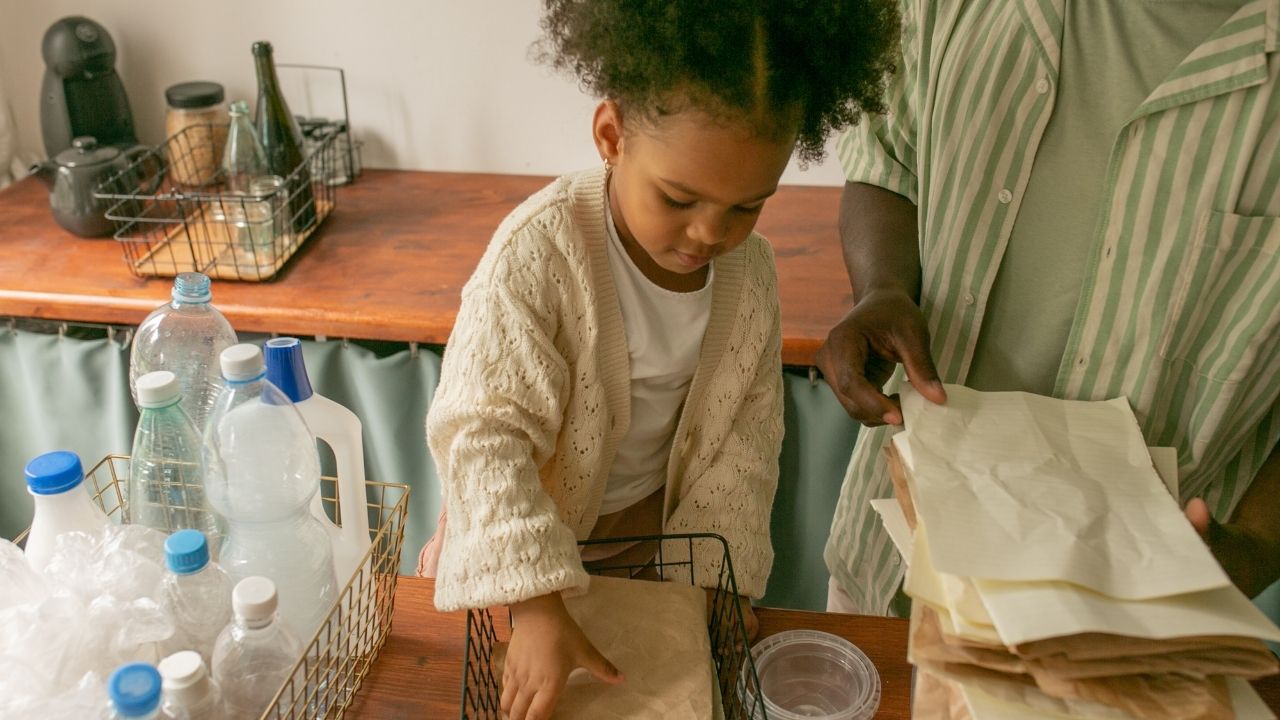
As parents, we play a crucial role in shaping our children's understanding of the world and their place in it. One of the most important lessons we can impart is the importance of sustainability – the idea of meeting our present needs without compromising the ability of future generations to meet their own. By instilling a sense of environmental responsibility in our children, we can help create a more sustainable future for all.
Fostering a Love for the Environment
The foundation for teaching children about sustainability begins with cultivating a deep appreciation and respect for the natural world. Take your children on hikes, visit local parks and nature reserves, and encourage them to observe the beauty and wonder of the environment around them. Encourage them to touch, smell, and listen to the sounds of nature, and help them understand the interconnectedness of all living things.
Explaining the Concept of Sustainability
As your children grow older, start introducing the concept of sustainability in age-appropriate ways. Explain that sustainability means using resources in a way that ensures they'll be available for future generations. Discuss the importance of reducing waste, recycling, and conserving energy and water. Encourage your children to think critically about the decisions they make and how those choices impact the environment.
Modeling Sustainable Behaviors
One of the most effective ways to teach your children about sustainability is to lead by example. Incorporate sustainable practices into your daily life, such as reducing your household's energy and water consumption, composting food scraps, and avoiding single-use plastics. Involve your children in these activities, and explain why you're making these choices. By modeling sustainable behaviors, you'll show your children that being eco-friendly is a natural part of everyday life.
Incorporating Sustainability into Everyday Activities
Sustainability can be woven into many of the activities you already do with your children. When grocery shopping, discuss the importance of buying local, organic, and minimally packaged products. Encourage your children to help plan and prepare meals using fresh, sustainable ingredients. When doing laundry, teach them about the environmental impact of certain detergents and the benefits of using eco-friendly options.
Engaging with the Community
Beyond the home, there are many ways to involve your children in sustainability-focused community efforts. Participate in local beach cleanups, volunteer at community gardens, or attend eco-fairs and festivals. These experiences not only educate your children but also empower them to be active participants in creating a more sustainable world.
Fostering Critical Thinking and Problem-Solving
As your children grow older, encourage them to think critically about environmental issues and to propose innovative solutions. Discuss current events related to sustainability, such as climate change, renewable energy, or plastic pollution, and ask them for their perspectives. Encourage them to research these topics and present their findings, which will help develop their critical thinking and problem-solving skills.
Celebrating Successes and Milestones
Remember to celebrate your family's sustainability achievements, no matter how small. Acknowledge your children's efforts, such as turning off lights when leaving a room or remembering to bring reusable bags to the store. This positive reinforcement will help solidify their commitment to sustainable practices and inspire them to continue their eco-friendly journey.
Teaching children about sustainability is a lifelong process, but the rewards are immeasurable. By instilling a deep respect for the environment and a sense of responsibility for its preservation, we can empower the next generation to become stewards of our planet and create a more sustainable future for all.
 Family Craft ProjectsHome ImprovementCooking and BakingReuse and RecycleDIY GiftsEco-Friendly ProjectsDIY Home SolutionsSeasonal ActivitiesFun and GamesLearn TogetherPrivacy PolicyTerms And Conditions
Family Craft ProjectsHome ImprovementCooking and BakingReuse and RecycleDIY GiftsEco-Friendly ProjectsDIY Home SolutionsSeasonal ActivitiesFun and GamesLearn TogetherPrivacy PolicyTerms And Conditions
